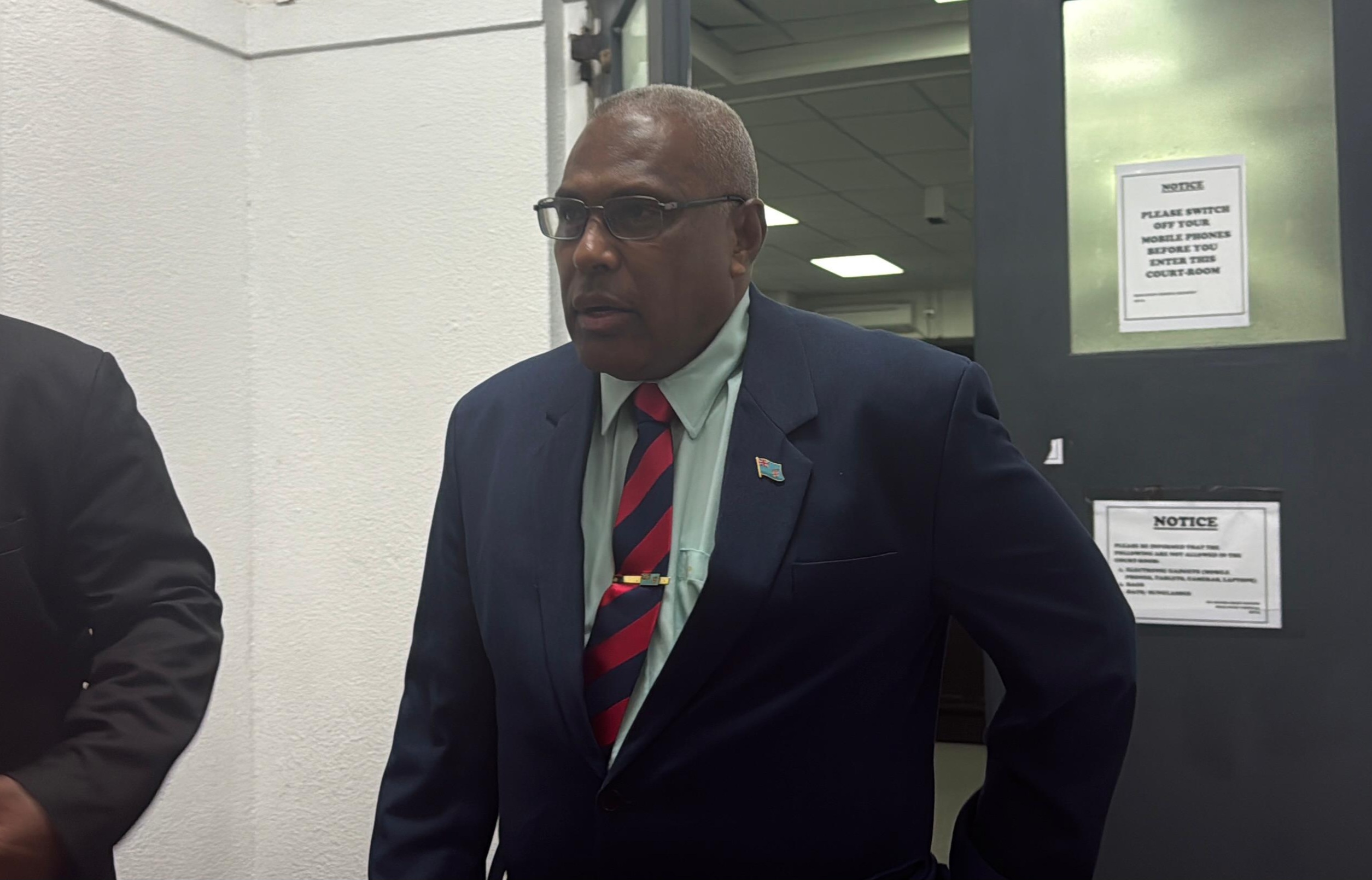The Justice Minister, Siromi Turaga, testified tonight that he did not approve the creation of a Nurse Practitioner position implemented by Commissioner Dr Jalesi Nakarawa within the Fiji Corrections Services.
Mr Turaga told the panel comprising Justices Daniel Goundar, Dane Tuiqereqere, and Savenaca Banuva, inquiring into Dr Nakarawa’s alleged misconduct, that the position was not part of the approved structure and that the appointment lacked transparency.
It is his view that Dr Nakarawa should have declared his conflict of interest and refrained from any involvement in the appointment process of his wife, adding that under Section 188 of the National Correctional Service Act, such matters require ministerial consultation and transparency in recruitment.
He said he expected transparency and his endorsement for such an appointment, and as a result, it caused instability and turmoil within the institution. Mr Turaga said the situation created divisions within FCS, given there was a lack of proper communication and governance, which led to uncertainty among staff.
“The leaking of confidential information worsened the problem, affecting morale across the service,” he told the tribunal.
When asked by counsel assisting Juleen Fatiaki, of some witnesses suggesting that he did not afford Dr Nakarawa natural justice before forwarding the complaints to the Prime Minister, and did not seek his response, Mr Turaga replied that it was not accurate because he had made attempts to meet with him and allow him to respond. However, he said Dr Nakarawa was not cooperating and refused to meet with him.
Mr Turaga also denies the suggestion that he may not have acted in good faith, adding that he has a duty to raise matters that require higher-level deliberation. He said the Constitutional Officers Commission (COC) deliberates on such matters extensively and sometimes across multiple meetings before decisions are made.
His main concern about Dr Nakarawa’s conduct was related to governance and management issues within FCS, including policy changes that negatively affected staff.
According to the Minister, under the new ranking and salary structure, some officers who had served 15–20 years were being downgraded based purely on academic qualifications rather than experience. This, he said, was unfair.
He said the job required practical knowledge and long service experience, and not only academic credentials. Additionally, there were also salary discrepancies and inconsistent policy applications, which contributed to low morale and confusion throughout the organization.
In terms of policy and constitutional issues, Mr Turaga testified that under Section 130(5), the Commissioner of Corrections manages administration and deployment independently, but remains subject to general policy directions issued by the Minister under Section 6.
He said the Commissioner is not above oversight — and the Constitution intended this balance, as confirmed by the Supreme Court when the framework was established.
In conclusion, Mr Turaga said he did not provide Dr Nakarawa with the specific allegations or complaints for his response because the matter was still under assessment and coordination with the COC before formal notice was issued.
Hearing continues tomorrow with six more witnesses.



